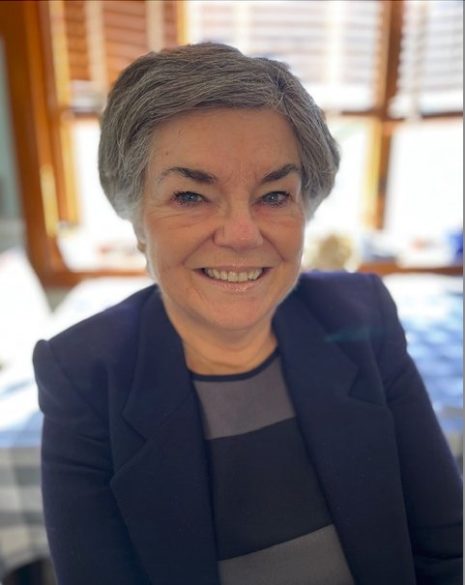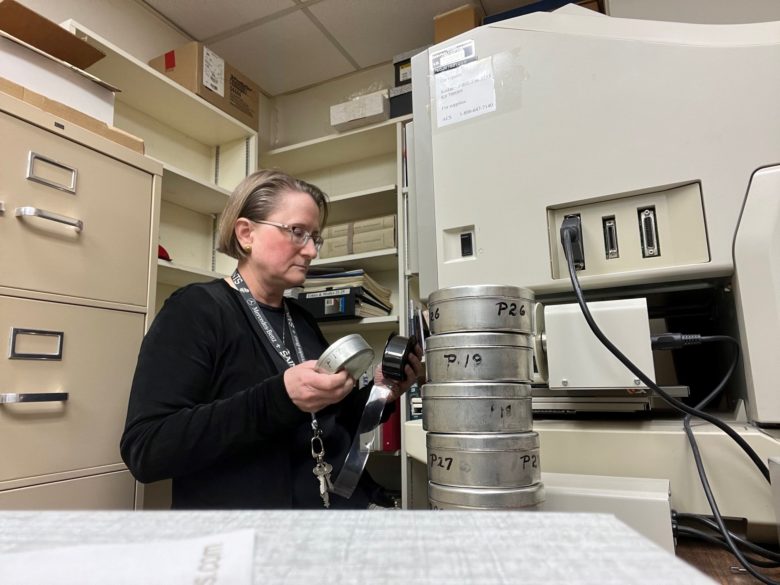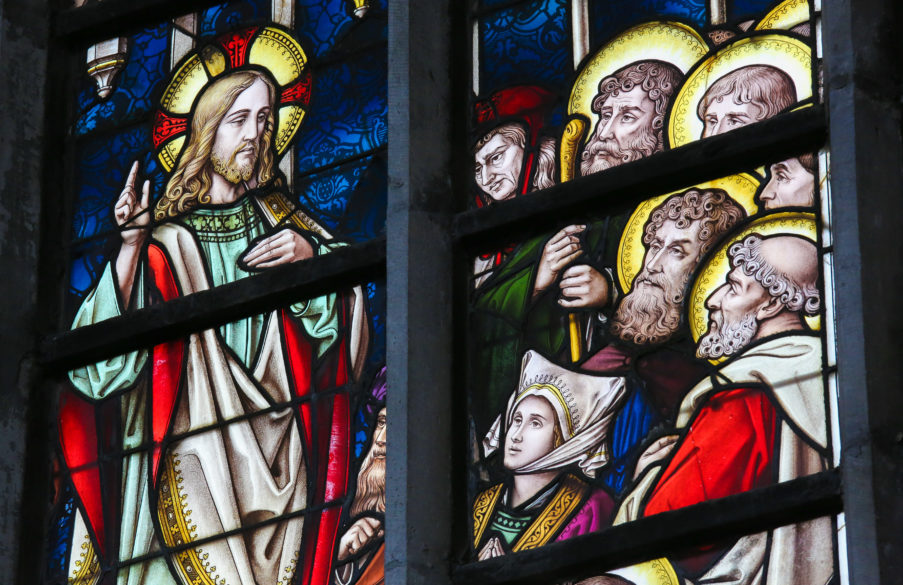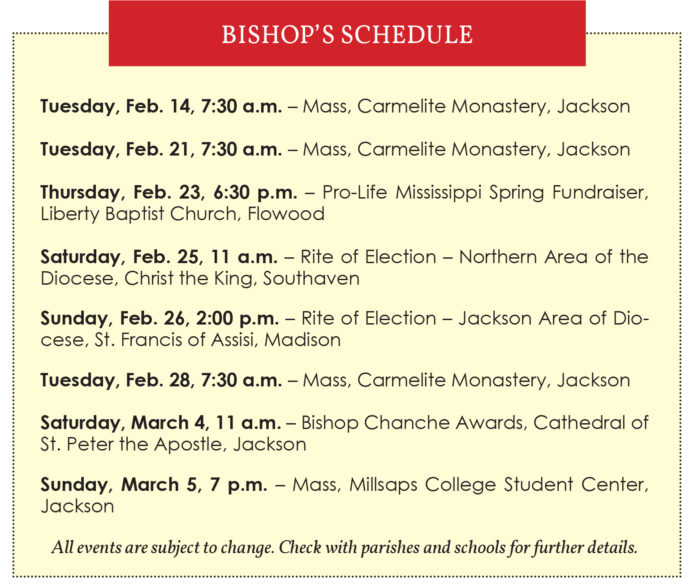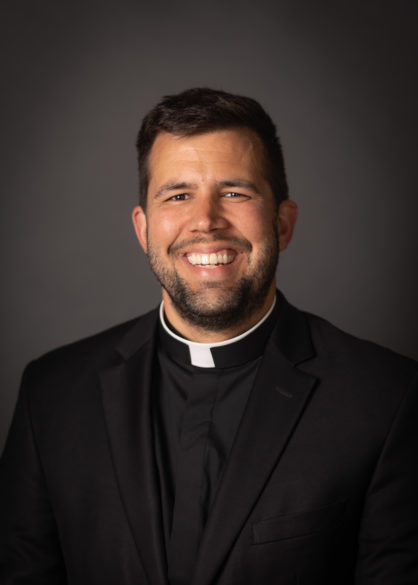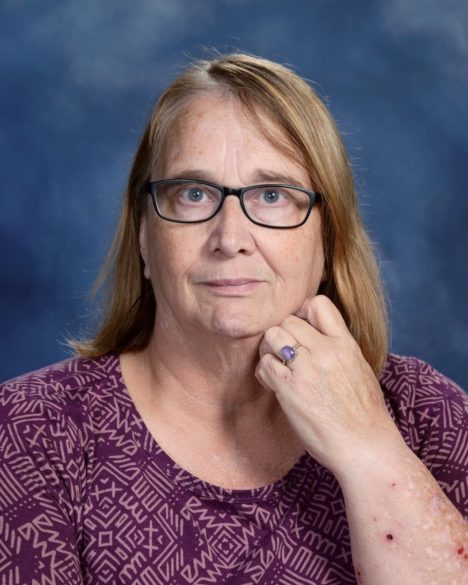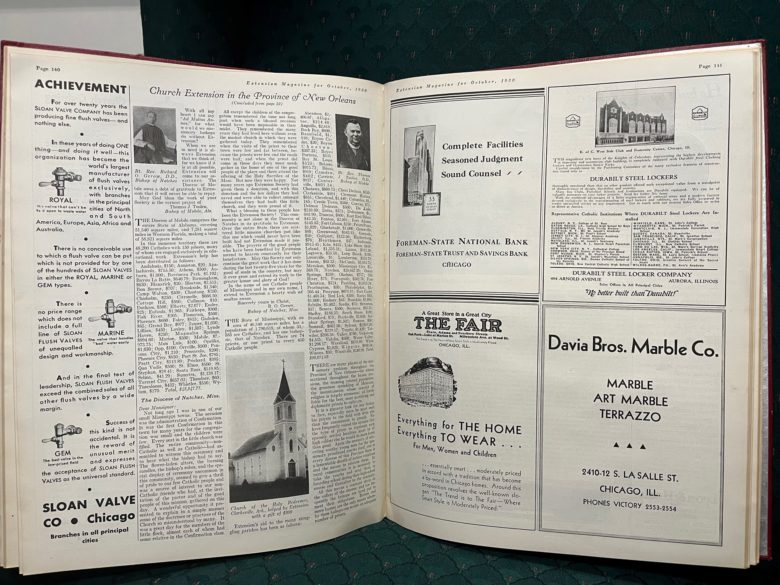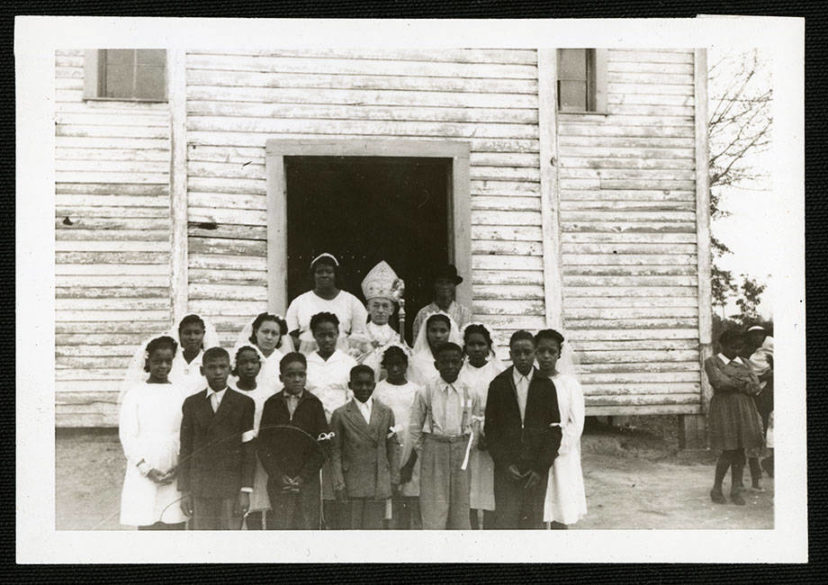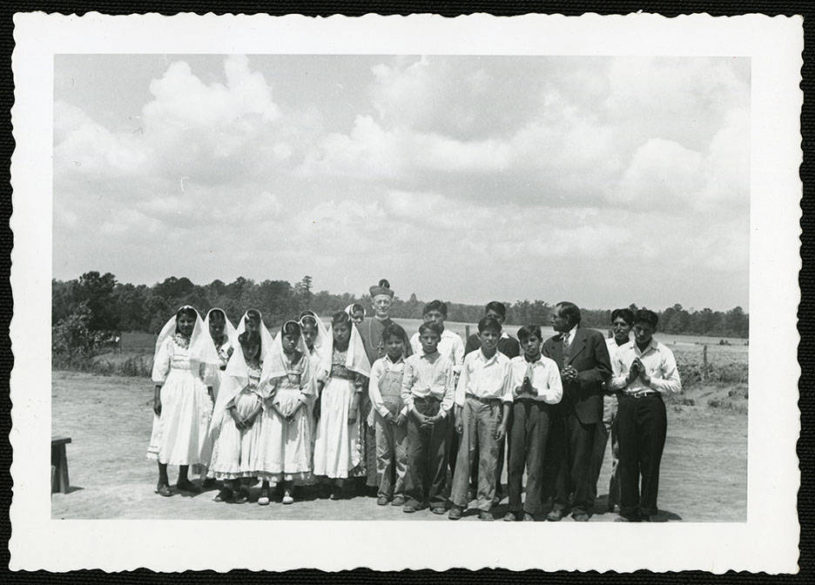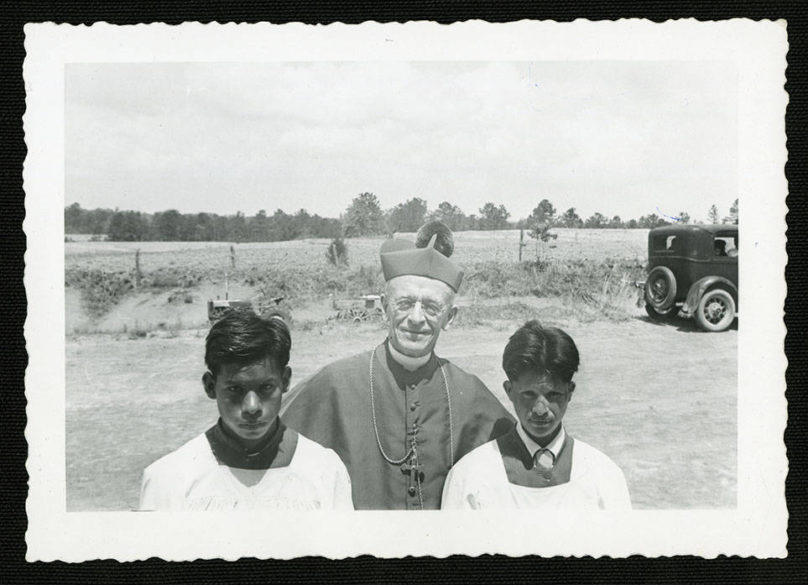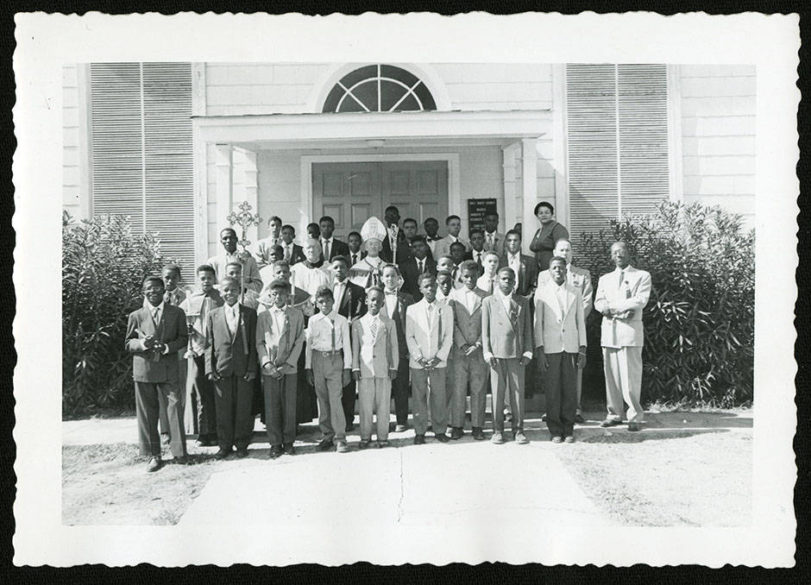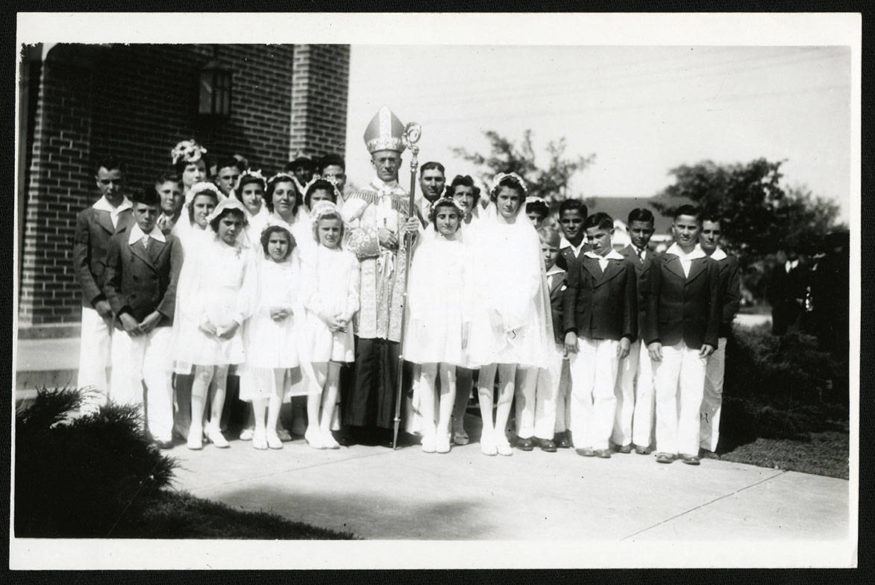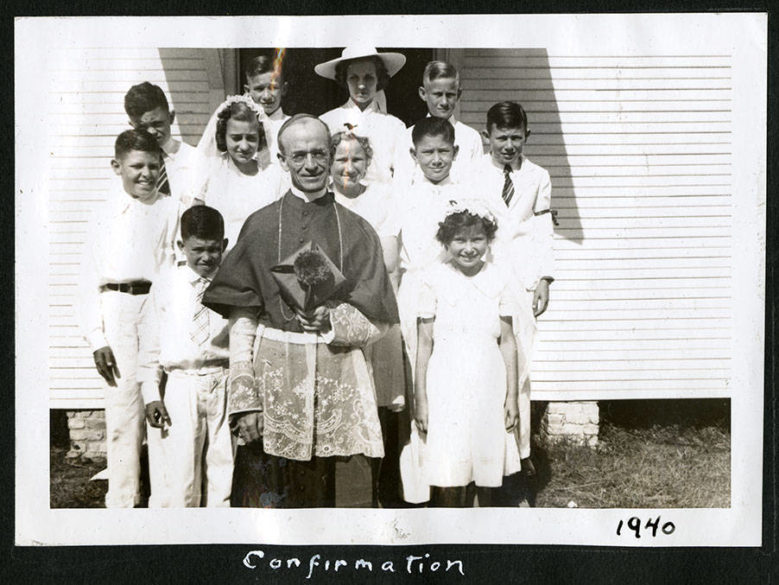ON ORDINARY TIMES
By Lucia A. Silecchia
Several weeks ago, I was visiting a parish not my own for Mass on a Sunday morning. I sat about a third of the way back – on the left had side as I usually do. When I came in, I noticed some young children sitting a few rows behind me. I did not pay too much attention to them during Mass because they were remarkably quiet.
But then … we reached the sacred moment of the Consecration. The bells rang and the Blessed Sacrament was elevated in that holy moment I so often take for granted. At that exact instant, there was a small voice from a young child who said, clearly and simply, “wow.”
Maybe he was reacting to the bells. Maybe he was impressed by something entirely unrelated to Mass. Maybe one of his siblings had done something that caught his attention. Maybe his parents were embarrassed by his exuberance. Maybe I should have been critical of the way he broke the sacred silence.
But I was grateful.
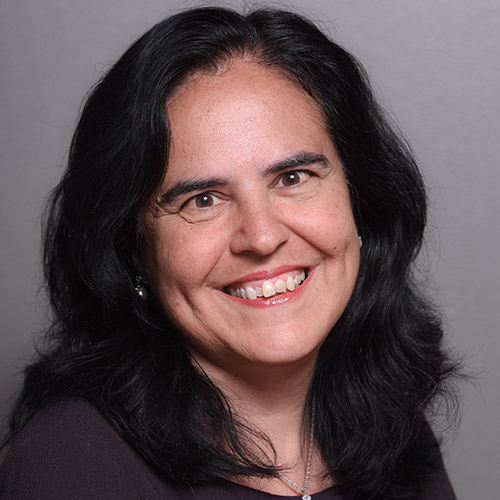
I was grateful for that tiny voice that said “wow.” He drew my attention to the fact that I had just witnessed something awesome for which “wow” seems to be the only right reaction. It was a reaction that recognized that what he, and I, and we had just seen was a miracle far beyond our comprehension, and yet within our grasp.
We had just seen the miracle that, through God’s lavish generosity, happens every moment of every day in grand cathedrals and silent chapels in every corner of the globe. It is the miracle that has happened for nearly two millennia.
As an adult, I know with my mind what happens at Mass. Sometimes, though, the heart and soul can lag behind. They can fail to see how glorious that miraculous, sacrificial gift is. Sometimes, the heart and soul need to hear “wow” to remember what awe really means.
The Catholic Church in the United States is in the first year of the National Eucharistic Revival. The Revival’s aim is “to restore understanding and devotion to this great mystery.” As the years of the Revival unfold, the invitation to delve more deeply into the heart of this “great mystery” will take many forms in our dioceses and in our parishes.
Certainly, the aim of restoring understanding is a critical first step in bringing about a fuller appreciation for the great gift of the Eucharist and the reality that it is, truly, Christ Himself. If this understanding leads to greater devotion, the Revival will have been a great gift to the church in our time.
Yet, my tiny friend’s “wow” leads me to think that understanding and devotion are but the first two steps on the journey to awe.
My tiny friend’s “wow” was the invitation to stop taking this daily miracle for granted and really notice what happens.
My tiny friend’s “wow” expressed the grateful reverence and reverent gratitude that should not belong solely to the young. It belongs to all who rejoice in this great miracle of ordinary time.
(Lucia A. Silecchia is a Professor of Law and Associate Dean for Faculty Research at the Catholic University of America. “On Ordinary Times” is a biweekly column reflecting on the ways to find the sacred in the simple. Email her at silecchia@cua.edu.)

